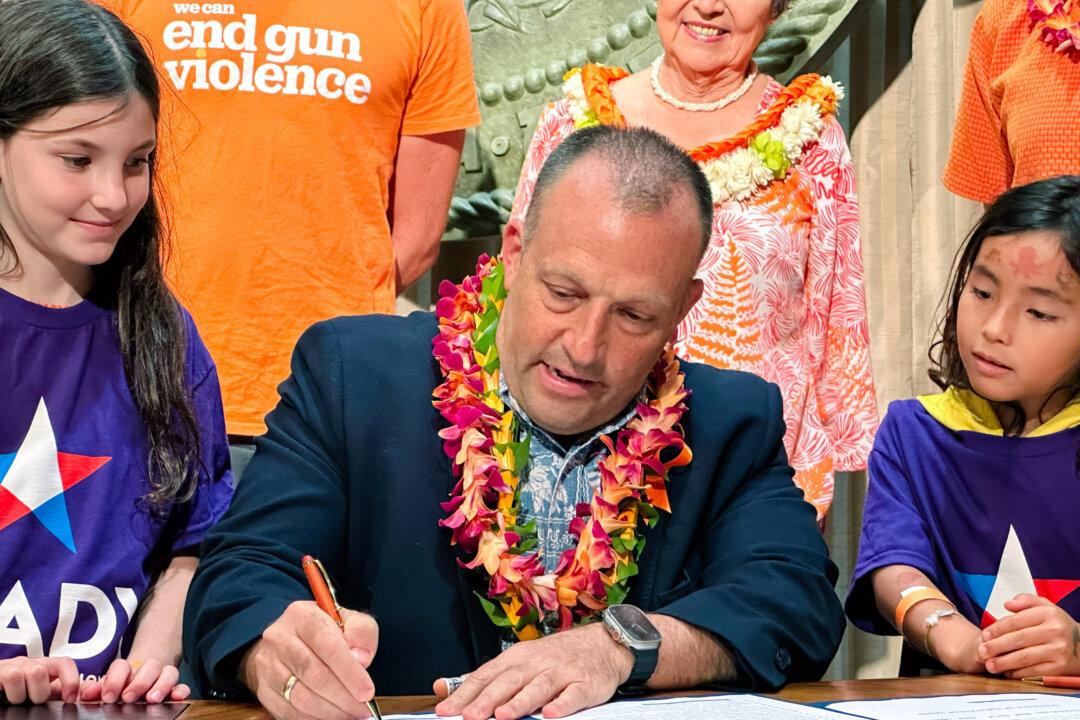Lawmakers in Hawaii have approved a bill that bans individuals below 21 years of age from owning ammunition.
Hawaii’s State House passed SB 2845 on April 1, with only five representatives out of 51 voting against it. The bill was earlier passed by the Senate in a 22-3 vote. SB 2845 prohibits anyone from “selling ammunition to a person under the age of twenty-one.” It bans anyone under the age of 21 from “owning, possessing, or controlling ammunition.” People engaged in ammunition sales are required to check a government-issued photographic identification to ensure the buyer is not younger than 21. Sellers who violate the law shall be deemed guilty of a misdemeanor.





